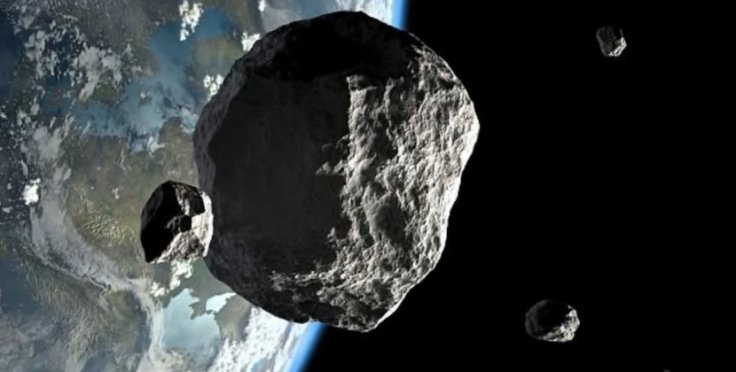
Researchers have discovered evidence suggesting an asteroid hit Earth and triggered climate changes and mass extinctions 12,800 years ago. They believe a similar impact event could happen again due to the asteroid Apophis 99942.
Researchers from South Africa came across a large crater in Greenland beneath the Hiawatha Glacier. Since the crater has a diameter of about 31 kilometers, it is possible that it was made by an asteroid that's over a thousand meters wide. Aside from the crater, the researchers also came across traces of platinum in various areas, which is one of the main components of meteorites.
The researchers believe that the crater as well as the discovery of platinum traces, support the Younger Dryas Impact Hypothesis. According to this concept, Earth was hit by a massive asteroid during a period known as the Younger Dryas, which occurred during c. 12,900 to c. 11,700 years BP.
According to lead researcher Francis Thackeray of the Evolutionary Studies Institute at the University of the Witwatersrand in South Africa, the asteroid that hit during the Younger Dryas era triggered major environmental events. It also contributed to the extinction of large animals.
"Our finding at least partially supports the highly controversial Younger Dryas Impact Hypothesis," Thackeray said in a press release.

"We seriously need to explore the view that an asteroid impact somewhere on Earth may have caused climate change on a global scale, and contributed to some extent to the process of extinctions of large animals at the end of the Pleistocene, after the last ice age," he added.
According to Thackeray, there is a possibility that Earth could go through another major impact event in the future. One of the asteroids that has been identified as potentially hazardous is called Apophis 99942.
Thackeray noted that the 340-meter-wide asteroid is expected to approach Earth in about ten years from now. He warned that there's a chance that the asteroid might hit Earth during its upcoming visit.
"The closest encounter will take place precisely on Friday, April 12, 2029," he said. "The probability of Apophis 99942 asteroid hitting us then is only one in 100,000, but the probability of an impact may be even higher at some time in the future, as it comes close to Earth every 10 years."
Due to Apophis 99942's massive size, could certainly wipe out towns or even entire cities if it ends up on a collision course with Earth.
The findings of Thackeray and his team were presented in a new study published in the journal Wired Science.









